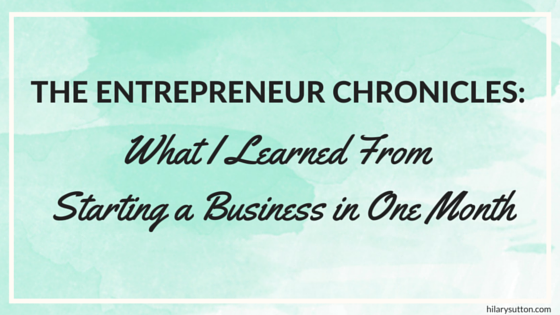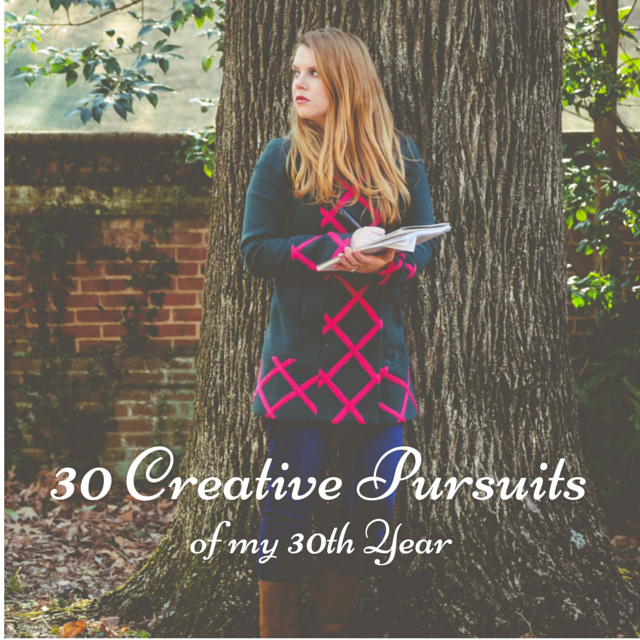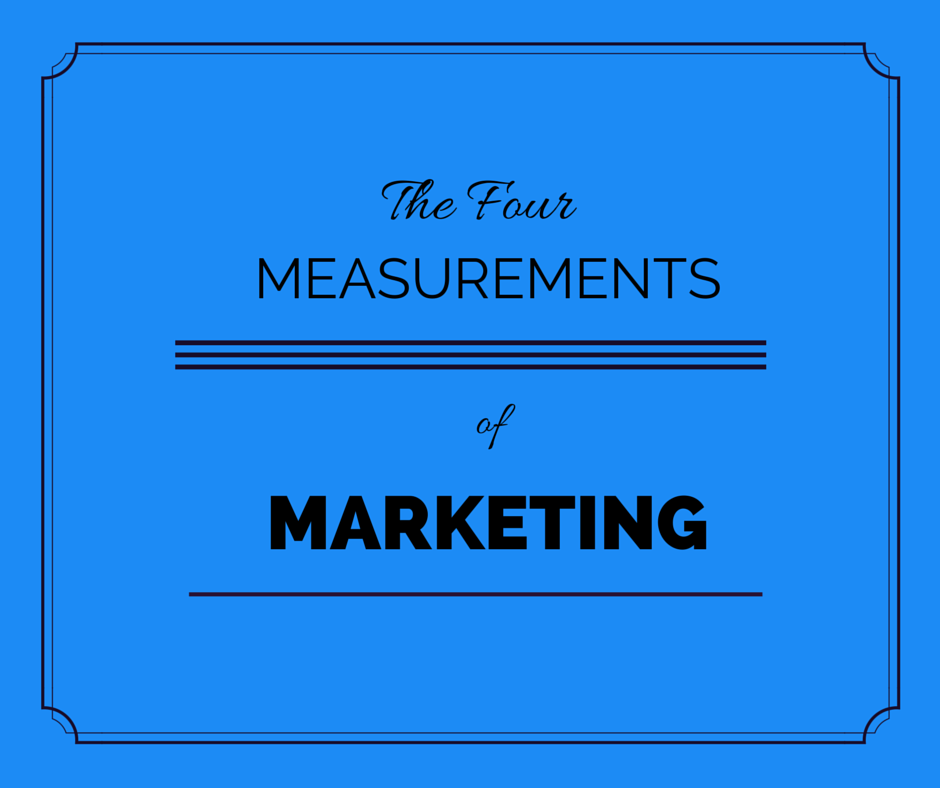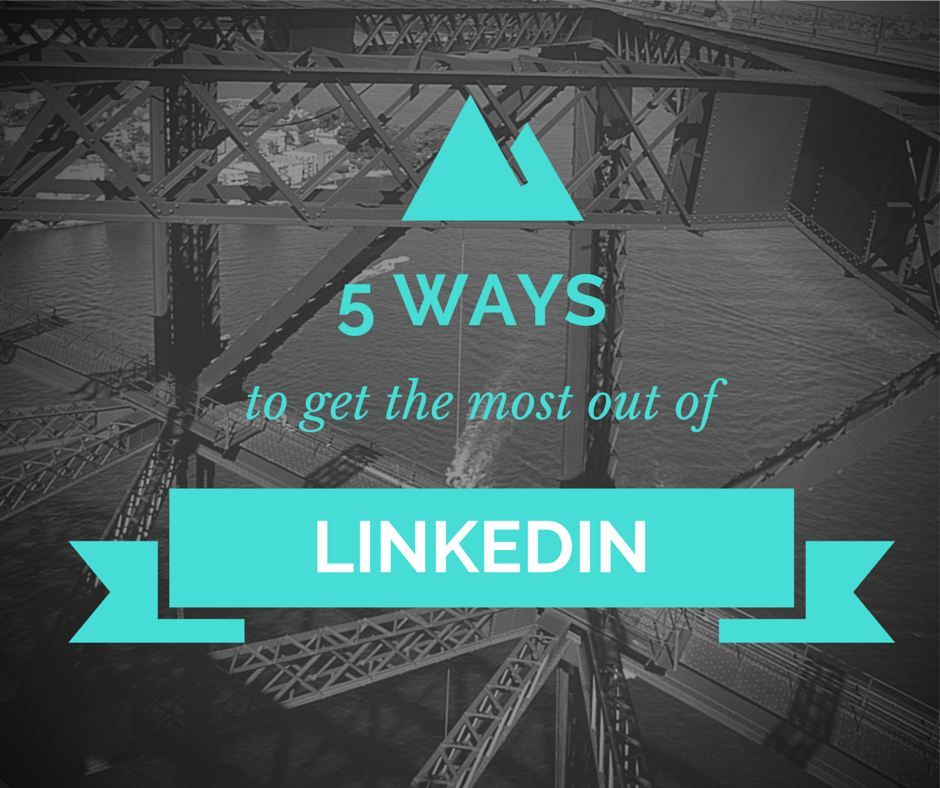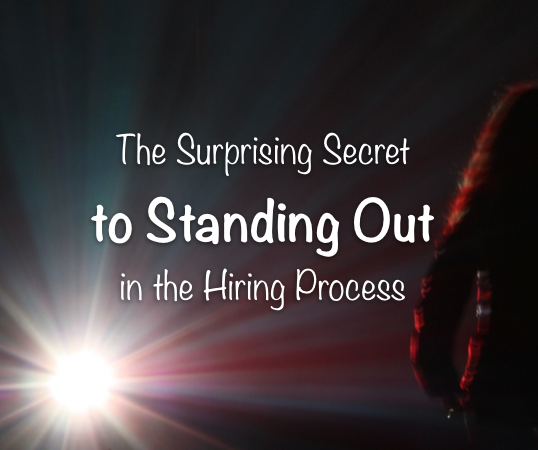The Entrepreneur Chronicles: What I Learned from Starting a Business in One Month
/Yes, it was rash. But was it too soon? I argue that it wasn't.
Here's how it happened.
The Entrepreneur Chronicles: What I Learned from Starting a Business in One Month
Back before my days of social media strategist/writer/consultant, I mainly did just one thing: acting. And when I say "mainly" I don't mean like "most of the time." I mean that was what I viewed as my career even though I'd spend anywhere between three months and nine months out of the year not doing the thing I loved.
During one such period of working survival jobs I got a quirky gig as a princess with a character performing company in Nashville. Yes, I literally dressed up in costumes, brought my own soundtrack and sang Disney songs to sweet little girls wearing plastic tiaras and lip gloss. They loved it. I loved it. Everyone was happy*. :-)
*(Except when I was tasked with portraying Hannah Montana. Couldn't escape the skeptical side eye I got at those parties.)
I moved away from Nashville at the end of 2009 and spent another year performing in dinner theatre (while lightly freelance writing on the side) before embarking on a new parallel path to performing: the business side of show business which led to social media for live experiences which led to grad school which led to launching my full-time freelance career as a writer/social media strategist. All along I was still performing professionally when a good opportunity came along.
Cut to fall 2014. (5 years since I had retired my glass slippers). It was Halloween. I was the candy passer-outer at our abode.
And my mind was blown.
*Ding dong.*
Aren't you a pretty Elsa!
*Ding dong.*
Oh! Queen Elsa!
*Ding dong.*
Oh look! Elsa.
I began to feel a bit like Bill Murray in that film about February 2. How many Elsas could come to one door on one night?
That's when ideas began to come together in my mind. Einstein called this "combinatory play"--when you begin to piece together ideas that didn't necessarily originate with you and you create a new idea out of them.
I set about researching. Were there any princess-type companies in Lynchburg? How about Roanoke? Charlottesville? Was this actually legal to do? (Lucky me--I've got a lawyer sibling!) I had a slew of actress friends who would be perfect to hire. Would they be interested? Available? I could use independent contractors. Pay roll wouldn't be a worry. I had experience performing at princess parties before. I could train the performers. I knew how to create a website. Marketing is my sweet spot.
So all I needed to know was how to conduct research, make a website, get some friends on board and buy costumes?
I needed a name. I needed some friends to say it was a good idea. And I needed those costumes by December 7--the date of a big public event where we could make a splash.
I crunched some numbers and figured out that if all went well I could make back my investment by early March. It was low risk. It was exciting. Why not give it a try?
Perhaps it wasn't as easy as all that. Did I oversimplify it? Would it have all gone better if I had created a long-term business plan, got funding, launched a perfect product?
The answer is "no." I didn't oversimplify it. You know what would have happened if I hadn't just gone for it?
Nothing at all, dear friends.
In short, I would've over-thought it. I would've talked myself out of it. But instead, in this instance, in this low-risk instance, I just gave it a shot. What's the worst that could happen?
I'd be out a grand and I'd fail in front of my friends, family and community.
Worth the risk.
So on December 7, 2014 Enchanting Entertainment was born. A cool five weeks after the idea popped into my head.
You may be toying with an idea. You may have a dream passion project or have thought "somebody should really do that." What if it's you? What if you're that somebody?
It may be worth the risk. As one of my favorite authors, Gretchen Rubin says, "Choose the bigger life"--whatever that means to you.
Go do it. And sprinkle some fairy dust while you're at it.
The snow Queen and friends on december 7, 2014
Want more posts like this in your life? Subscribe and I'll send them to you once a week.

